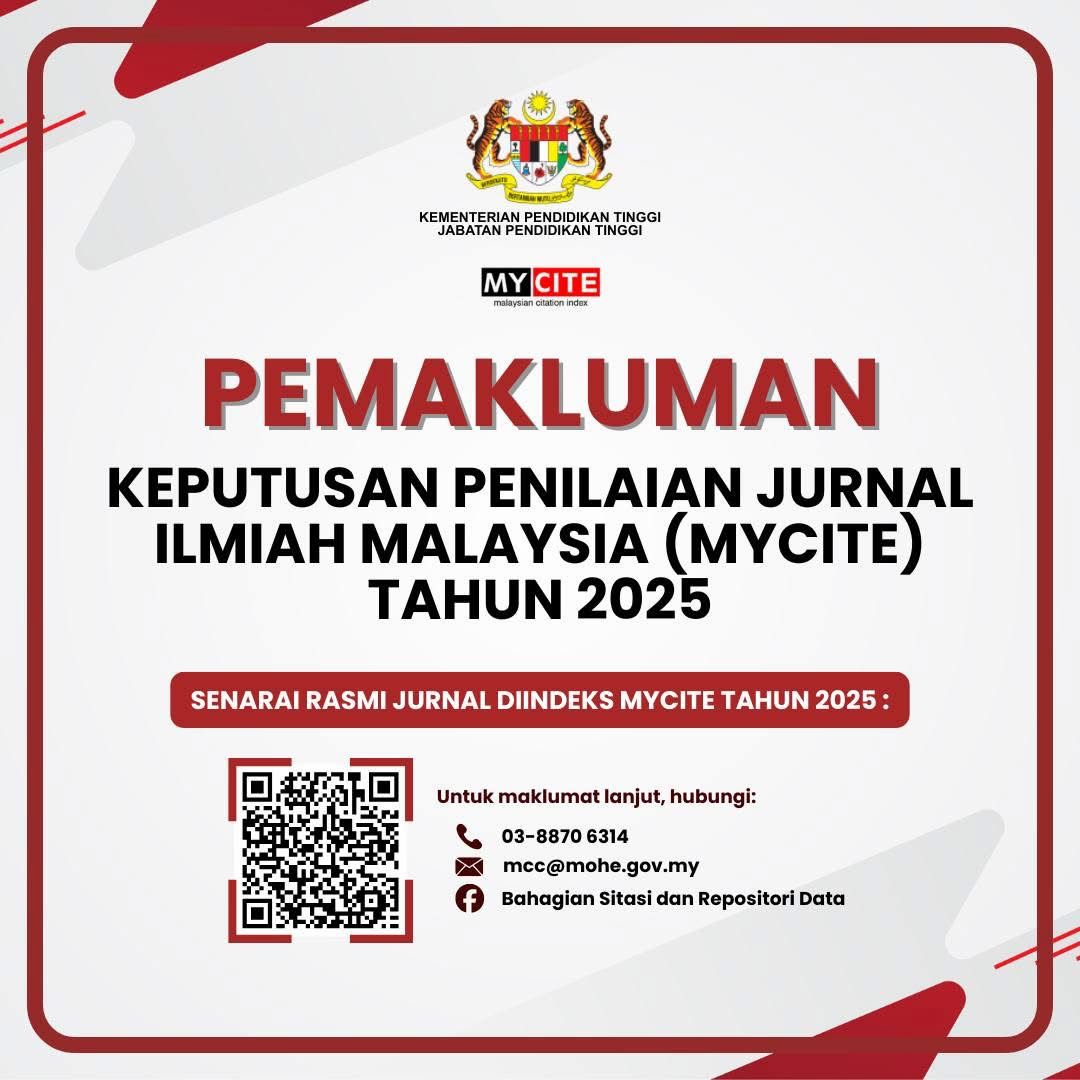A Guide for Positivist Research Paradigm: From Philosophy to Methodology
DOI:
https://doi.org/10.24191/idealogy.v9i2.596Keywords:
Positivism, Objectivism, Naive Realism, Value-Free Research, Research MethodologyAbstract
Asserting that reality is objective, observable, and governed by universal laws through empirical investigation and logical reasoning, positivism continues to serve as a foundation in scientific inquiry. This paper provides a thorough examination of the positivist research paradigm, tracing its philosophical underpinnings and methodological implications. The epistemological foundation of positivism rests on objectivism, which posits that knowledge is independent of individual perceptions and can be verified through empirical evidence. Ontologically, positivism asserts a realist perspective, asserting a singular reality that exists external to human cognition. Axiologically, positivism emphasises value-free research to ensure objectivity and replicability of findings. This paper explores these philosophical beliefs and their application in research design, data collection techniques such as surveys and experiments, and data analysis methods, including statistical tools like SPSS and SmartPLS. By interpreting these aspects, this paper serves as a comprehensive guide for researchers adopting a positivist research paradigm, offering insights into its strengths, limitations, and ongoing relevance in present scientific inquiry.
Keywords: Positivism, Objectivism, Naive Realism, Value-Free Research, Research Methodology
References
Bond, T. G., & Fox, C. M. (2013). Applying the Rasch Model: Fundamental Measurement in the Human Sciences. Routledge.
Bryman, A. (2016). Social Research Methods (5th ed.). Oxford University Press.
Byrne, B. M. (2010). Structural Equation Modeling with AMOS: Basic Concepts, Applications, and Programming. Routledge.
Campbell, D. T., & Stanley, J. C. (2015). Experimental and Quasi-Experimental Designs for Research. Ravenio Books.
Cohen, L., Manion, L., & Morrison, K. (2002). Research methods in education.Routledge.
Comte, A. (1858). The Positive Philosophy of Auguste Comte. Blanchard.
Creswell, J. W., & Creswell, J. D. (2017). Research Design: Qualitative, Quantitative, and Mixed Methods Approaches (4th ed.). Sage Publications.
Creswell, J. W., & Plano Clark, V. L. (2017). Designing and Conducting Mixed Methods Research. Sage Publications.
Creswell, J. W., & Poth, C. N. (2018). Qualitative Inquiry and Research Design: Choosing Among Five Approaches (4th ed.). Sage Publications.
Crotty, M. (1998). The Foundations of Social Research: Meaning and Perspective in the Research Process. Sage Publications.
Denzin, N. K., & Lincoln, Y. S. (2018). Introduction: The discipline and practice of qualitative research. In N. K. Denzin & Y. S. Lincoln (Eds.), The Sage handbook of qualitative research (5th ed., pp. 1-28). Sage Publications.
Field, A. (2018). Discovering Statistics Using IBM SPSS Statistics (5th ed.). Sage Publications.
Fowler, F. J. (2014). Survey Research Methods. (5th ed.). Sage Publications.
Guba, E. G., & Lincoln, Y. S. (1994). Competing Paradigms in Qualitative Research. In N. K. Denzin & Y. S. Lincoln (Eds.), Handbook of Qualitative Research (pp. 105-117). Sage Publications.
Hammersley, M. (2008). Questioning Qualitative Inquiry: Critical Essays. Sage Publications.
Johnson, R. B., & Christensen, L. (2019). Educational research: Quantitative, qualitative, and mixed approaches. Sage Publications.
Johnson, R. B., Onwuegbuzie, A. J., & Turner, L. A. (2007). Toward a definition of mixed methods research. Journal of Mixed Methods Research, 1(2), 112-133.
Kerlinger, F. N., & Lee, H. B. (2000). Foundations of Behavioral Research. Harcourt College Publishers.
Lincoln, Y. S., & Guba, E. G. (1985). Naturalistic Inquiry. Sage Publications.
Lincoln, Y. S., & Guba, E. G. (2000). Paradigmatic Controversies, Contradictions, and Emerging Confluences. In N. K. Denzin & Y. S. Lincoln (Eds.), Handbook of Qualitative Research (2nd ed., pp. 163-188). Sage.
Maxwell, J. A. (2013). Qualitative Research Design: An Interactive Approach (3rd ed.). Sage Publications.
Neuman, W. L. (2014). Social Research Methods: Qualitative and Quantitative Approaches (7th ed.). Pearson.
Pallant, J. (2020). SPSS Survival Manual: A Step by Step Guide to Data Analysis Using IBM SPSS (7th ed.). McGraw-Hill Education.
Patton, M. Q. (2015). Qualitative Research & Evaluation Methods: Integrating Theory and Practice (4th ed.). Sage Publications.
Phillips, D. C., & Burbules, N. C. (2000). Postpositivism and Educational Research. Rowman & Littlefield.
Popper, K. R. (2002). The Logic of Scientific Discovery. Psychology Press.
Saunders, M., Lewis, P., & Thornhill, A. (2009). Research Methods for Business Students. Pearson Education.
Sekaran, U., & Bougie, R. (2016). Research Methods for Business: A Skill Building Approach. John Wiley & Sons.
Tashakkori, A., & Teddlie, C. (2010). SAGE handbook of mixed methods in social & behavioral research (2nd ed.). Sage Publications.
Trochim, W. M., & Donnelly, J. P. (2008). The Research Methods Knowledge Base (3rd ed.). Cengage Learning.
Downloads
Published
Issue
Section
License
UiTM Press (the Publisher) has agreed to publish the undersigned author’s paper in Idealogy Journal. The agreement is contingent upon the fulfilment of a number of requirements listed below.
1. The undersigned author warrants that the paper entitled below is original, that it is not in any way libellous or unlawful in Malaysia, that it does not infringe any copyright or other proprietary right. The undersigned hereby represents and warrants that he/she is the author of the paper, except for material that is clearly identified as to its original source, with permission notices from the copyright owners where required. The undersigned represents that he/she has the power and authority to sign and execute this agreement.
2. The undersigned author warrants that the paper entitled below has not been published elsewhere, and also it will not be submitted anywhere else for publication prior to acceptance/rejection by this Journal.
3. By submitting the paper entitled below, the undersigned author agrees to transfer the rights to publish and distribute the paper in an international e-journal (entitled above) to Publisher.
4. The undersigned author agrees to make a reasonable effort to conform to Publisher's submission guidelines and to liaise with the editor to ensure that the requirements of these guidelines are met to a reasonable degree.
5. The corresponding author signs for and accepts responsibility for releasing this material on behalf of any and all coauthors. This agreement is to be signed by at least one of the authors who has obtained the assent of the co-author(s) where applicable. After submission of this agreement signed by the corresponding author, changes of authorship or in the order of the authors listed will not be accepted.




